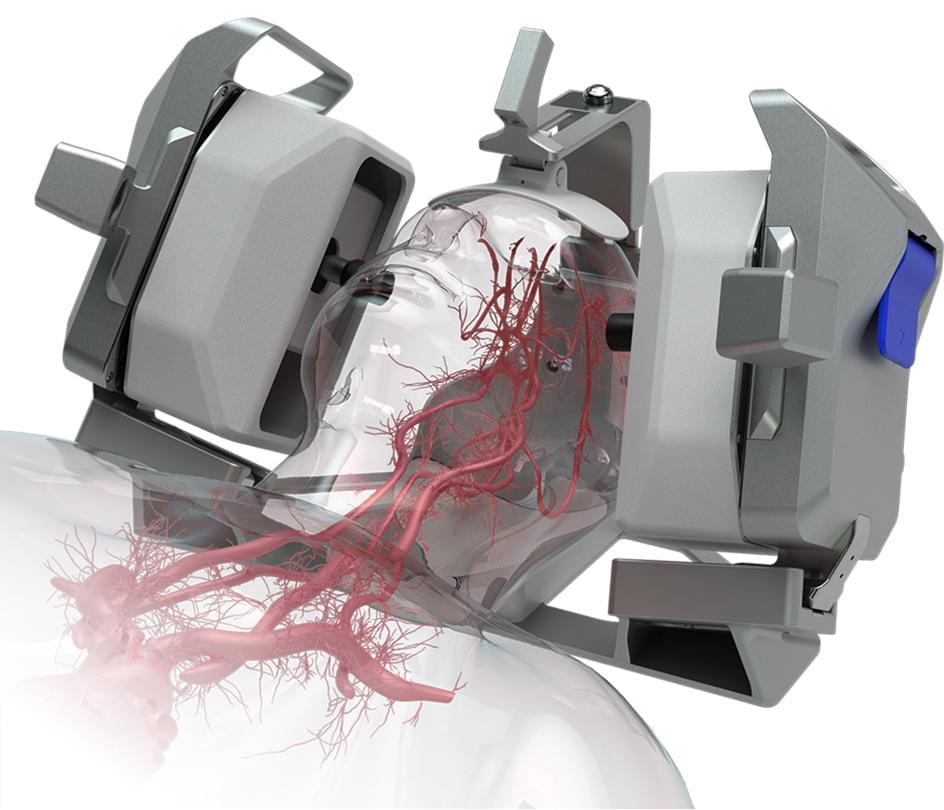Visible light is extremely important in nature. Seen by the human eye, it is the most intense light emitted by the sun to reach the earth’s surface and is an essential element for fundamental biological processes underlying life. However, it is difficult to generate coherent visible light, like the light of a laser, that is intense for a short amount of time, in the order of the femtosecond.
A research team, directed by Professor Luca Razzari of the Institut national de la recherche scientifique (INRS), has successfully achieved this goal without using a complicated system. The results of their work were recently published in Nature Photonics.





